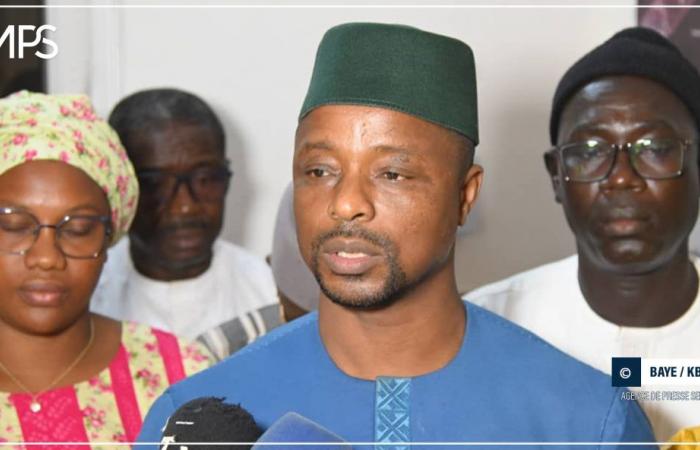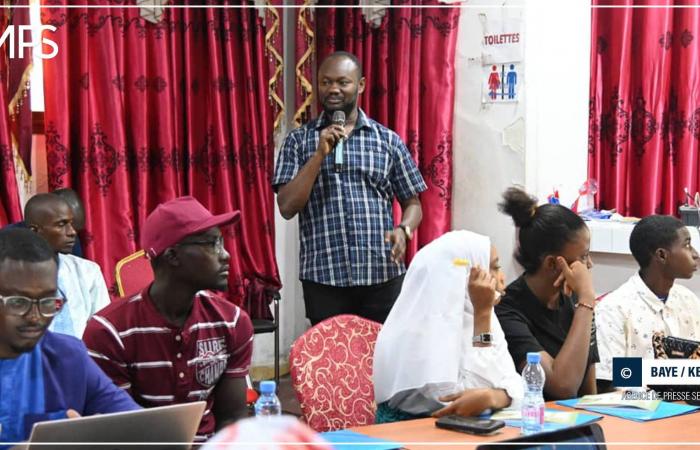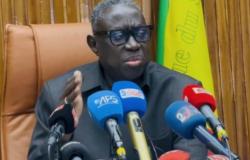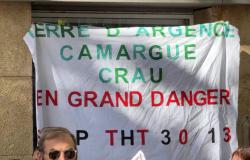Kaolack, September 28 (APS) – The “Seen Suuf” project, implemented by theGerman cooperation, in collaboration with the government of Senegal, organized, on Friday, in Kaolack (center), a workshop to popularize the Pastoral Code with the aim of raising awareness among breeders and pastors of the new legislative provisions of the said Code, adopted on December 27 2023, noted the APS.
This meeting is part of the ”Seen Suuf” project, launched in 2020 and financed by the German Federal Ministry for Cooperation and Economic Development (BMZ), in order to improve land management in Senegal, particularly in the regions of Kaolack and Kaffrine.
”We previously had three meetings with the umbrella organizations of breeders. Based on good practices from their daily lives, we helped them formulate recommendations which were transmitted to the National Assembly to be taken into account in the debate for the adoption of the law,” explained Mamour Dramé, coordinator of the ”Seen Suuf” project in Kaolack.
According to him, once this Code, which recognizes pastoralism as a legitimate method of managing natural resources and rural lands, is adopted, it is up to the ”Seen Suuf” project to support these organizations in understanding its content.
”This code provides, in general, the guiding principles of pastoral activity such as the mobility of livestock, the preservation of natural resources and the environment. It also defines the roles of the actors that are the breeders, the local authorities and the State for whom, it defines a set of rights and obligations to be able to better manage pastoral activity,” underlined Mamour Dramé.
He adds that the pastoral code also covers the organization and exploitation of pastoral resources, by defining a set of measures to safeguard activities and the types of offenses provided for.
The coordinator of the ”Seen Suuf” project in Kaolack also indicated that this same popularization and awareness exercise will be organized for administrative authorities, decentralized technical services of the State, territorial elected officials, village chiefs. and grassroots community organizations (CBOs).
”The goal is to allow all actors who intervene in the national domain to understand and appropriate the content of this new pastoral code,” he said. Mamour Dramé also noted that one of the strong points of this code is the consecration of habits and customs in the practice of pastoral activity.
”I can cite an old complaint from civil society relating to the classification of cattle tracks in the public domain of the State in order to increase the level of security, which was enshrined in this code,” a- he clarified.
He also indicated that in addition to the communal pound that existed in Kaolack, the Code provides for the possibility of setting up a village pound based on sponsorship and highlighting pastoral concerns in all projects and/or plans. municipal development; ”It is also planned to set up a fund for the development of pastoral infrastructure,” reported the coordinator of the ”Seen Suuf” project in Kaolack.
ADE/ABB/ADC







